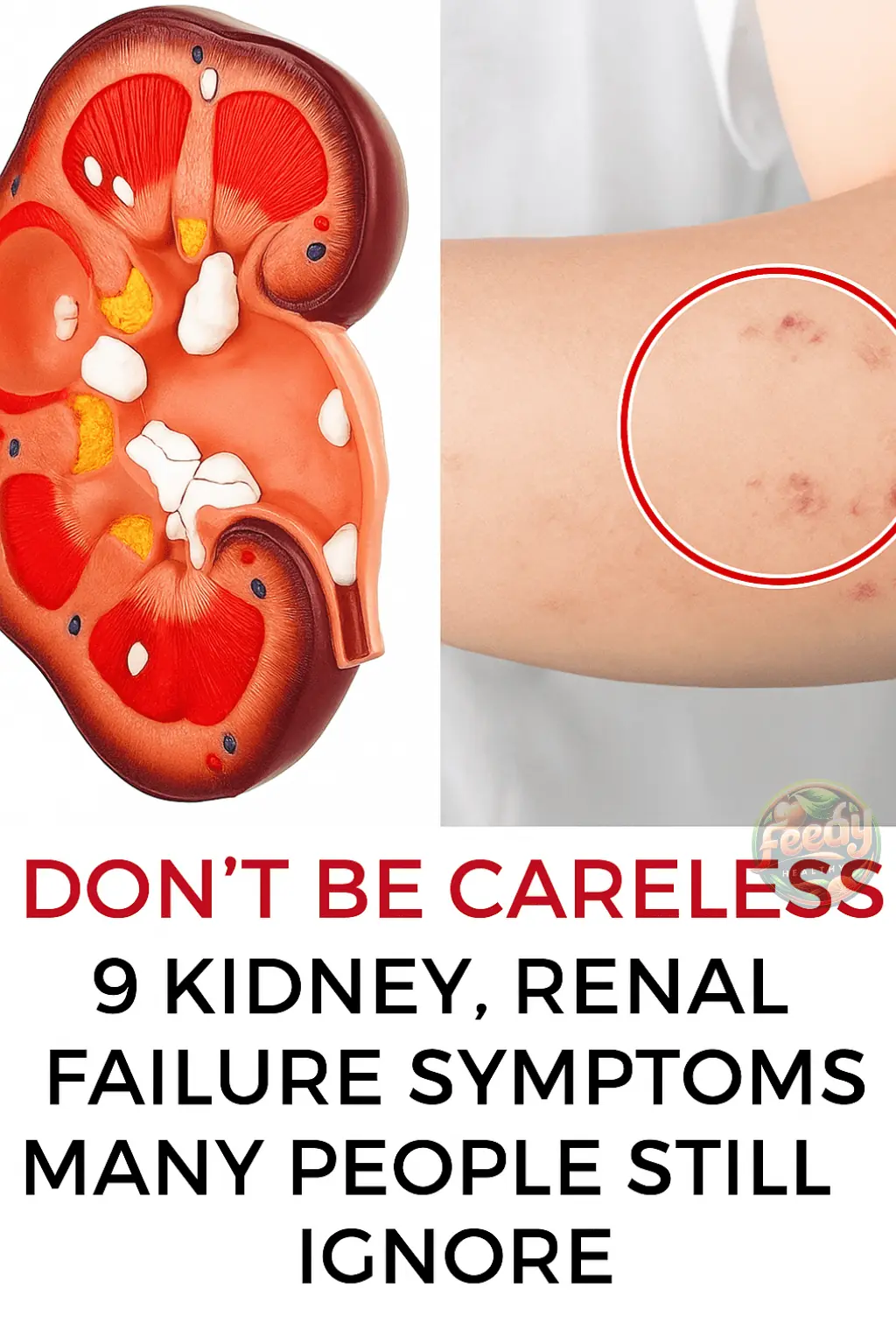
5 Concerning Symptoms During Sleep That May Signal an Impending Stroke
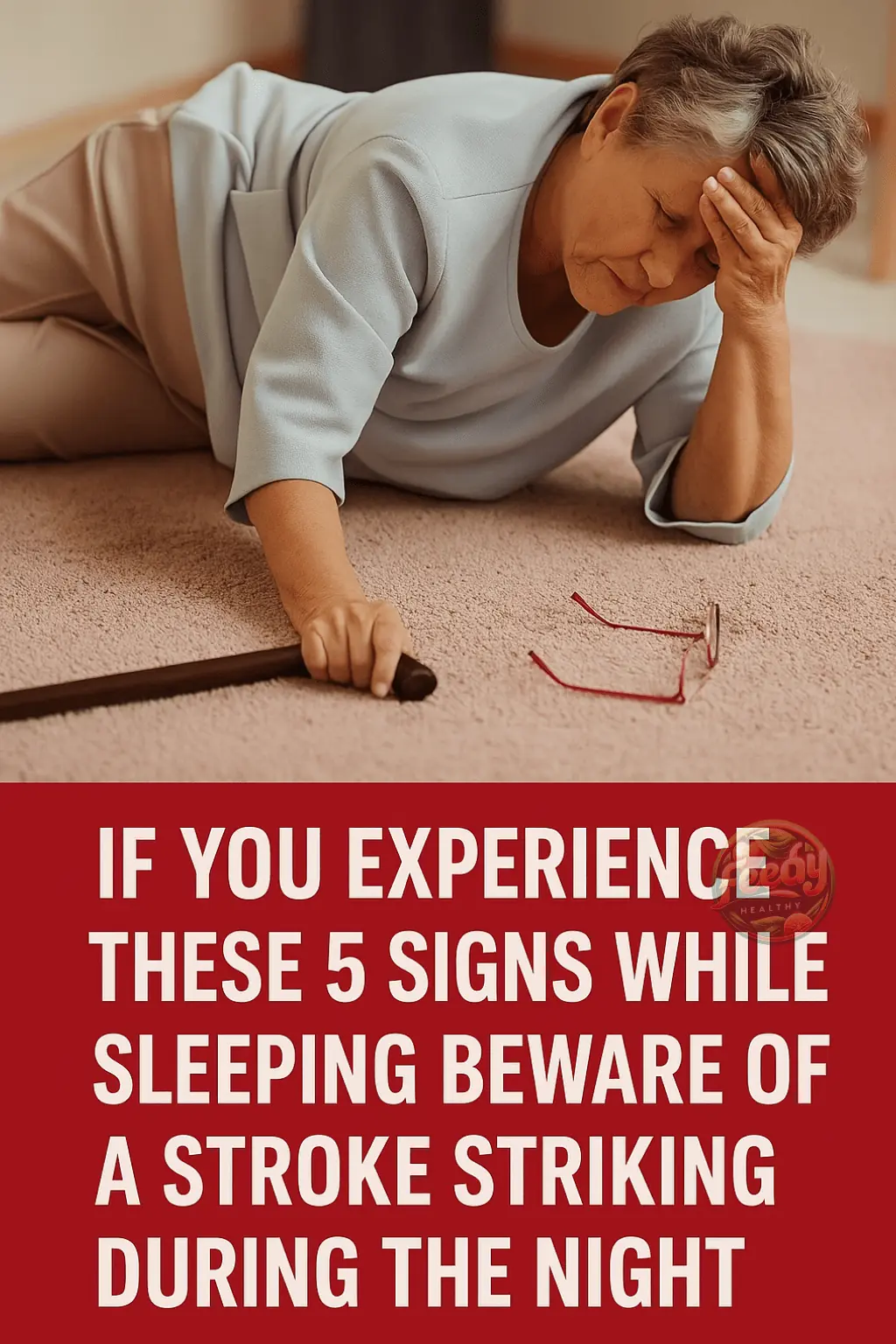
Cerebral infarction, commonly known as ischemic stroke, occurs when blood flow to part of the brain is suddenly blocked, leading to oxygen deprivation and potential loss of brain function.
Research indicates that strokes often happen at night or in the early hours of the morning—when blood becomes thicker and circulation slows due to the body's resting state. People with atherosclerosis or narrowed arteries are at higher risk. Recognizing early warning signs is crucial for prevention and timely treatment.
Here are five symptoms during sleep that could indicate a higher risk of stroke. If you experience any of these, it’s important to seek medical evaluation:
1. Sudden Numbness or Weakness on One Side of the Body
Waking up with a tingling sensation, numbness, or weakness—particularly affecting one side of the body—or struggling to move your arms or legs could be a sign of neurological dysfunction due to reduced blood flow to the brain. Slurred speech or difficulty expressing thoughts may also occur.
2. Unexplained Drooling During Sleep
Drooling while sleeping isn’t uncommon if you sleep on your side. However, persistent drooling even when lying on your back—especially if accompanied by facial asymmetry, headaches, or general fatigue—may point to decreased blood supply to the brain.
3. Unusual Headaches or Dizziness at Night
Severe headaches or sudden dizziness while resting—especially when accompanied by a spinning sensation or imbalance—should not be ignored. These may be early neurological signs of stroke.
4. Frequent and Unexplained Yawning
Yawning frequently at night, even when you’re not tired, can indicate low oxygen levels in the brain due to poor circulation. If you find yourself nodding off easily or yawning excessively while seated, consult a doctor.
5. Blurred Vision Upon Waking
Sudden blurry vision or temporary darkness upon waking could result from restricted blood flow through the internal carotid arteries. Though the symptoms may fade quickly, recurring episodes should be taken seriously.
Stroke Can Affect Young People Too
While many associate strokes with the elderly, cases among younger adults are on the rise. In some regions, including parts of Asia, stroke onset occurs nearly a decade earlier than in many Western countries—largely due to unhealthy lifestyle choices, including poor diet.
4 Food Categories to Limit for Stroke Prevention
Certain foods can increase your risk of stroke by contributing to high blood pressure, high cholesterol, and arterial plaque buildup:
1. High-Sodium Foods
Pickled vegetables, cured meats, and dried snacks are often loaded with salt. Excess sodium can raise blood pressure and damage blood vessel linings.
2. Organ Meats
Liver and other organ meats are rich in cholesterol. When consumed frequently, they may elevate blood lipid levels and contribute to arterial blockages.
3. Trans Fats
Common in deep-fried foods, baked goods, and processed snacks, trans fats raise harmful LDL cholesterol while lowering beneficial HDL cholesterol—making blood thicker and more prone to clotting.
4. Refined Sugars
Sugary beverages and sweets contribute to obesity, type 2 diabetes, and hypertension—all major stroke risk factors.
3 Key Habits to Prevent Stroke
1. Maintain a Balanced Lifestyle
Avoid staying up late, aim for consistent sleep, exercise regularly, and manage stress. Maintaining a healthy weight and stable blood pressure is critical.
2. Manage Risk Factors
Avoid smoking and limit alcohol. If you have pre-existing conditions like hypertension, diabetes, or heart disease, ensure they’re well controlled through regular treatment and monitoring.
3. Get Regular Health Checkups
Many strokes occur with little or no warning. Routine checkups and screenings can help detect silent issues before they become emergencies.
Final Thoughts
Stroke is a medical emergency—but early warning signs often appear. By paying attention to unusual symptoms, especially during sleep, and adopting preventive lifestyle habits, you can greatly reduce your risk. Stay informed, stay healthy—and never ignore what your body is trying to tell you.
News in the same category

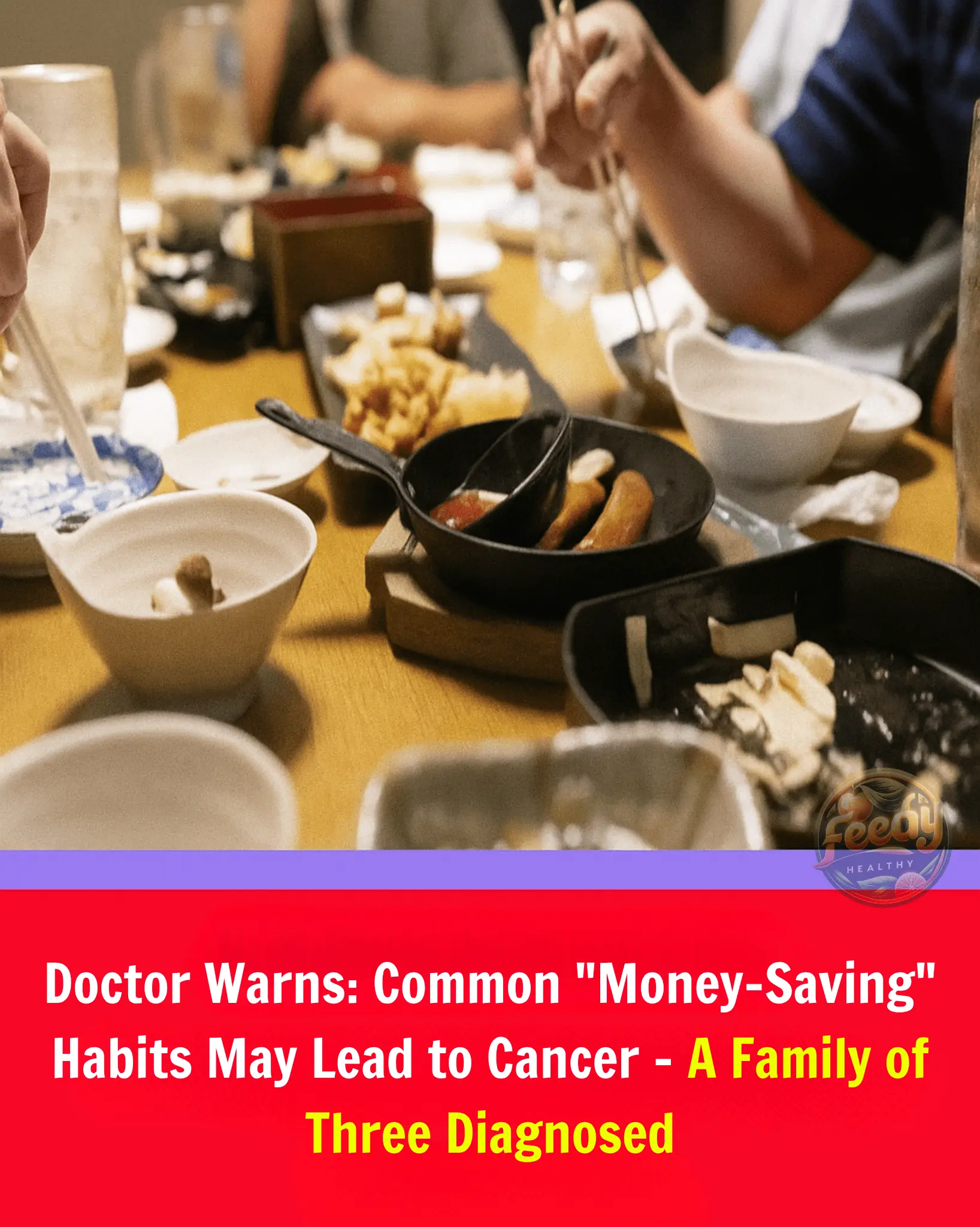
Doctor Warns: Common "Money-Saving" Habits May Lead to Cancer – A Family of Three Diagnosed
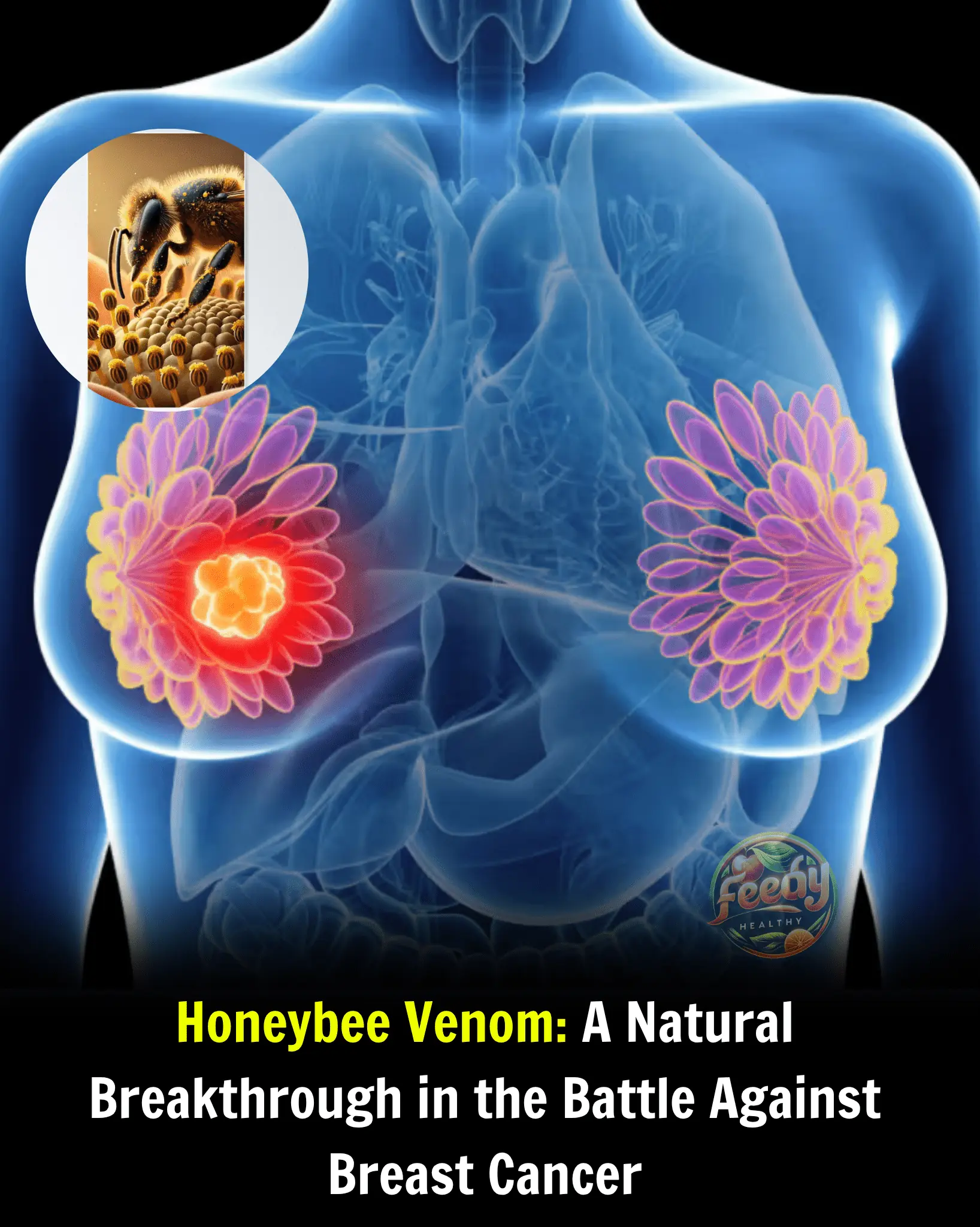
Honeybee Venom: A Natural Breakthrough in the Battle Against Breast Cancer
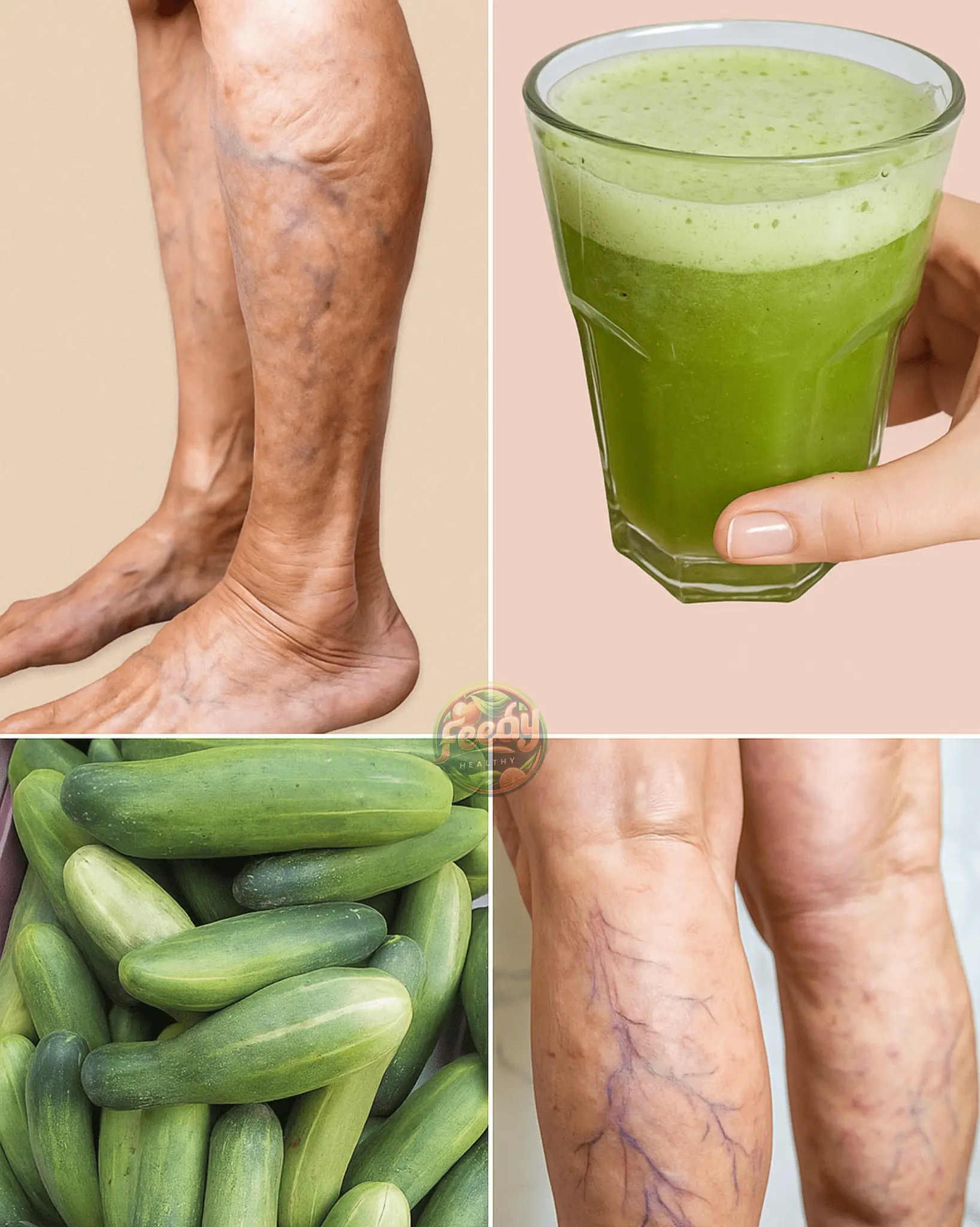
Do You Eat Cucumber? Few Know It Helps With THIS – Incredible Benefits of Eating Cucumber for Varicose Veins

DIY Flaxseed Gel Ice cubes for Clear Skin & Large Pores
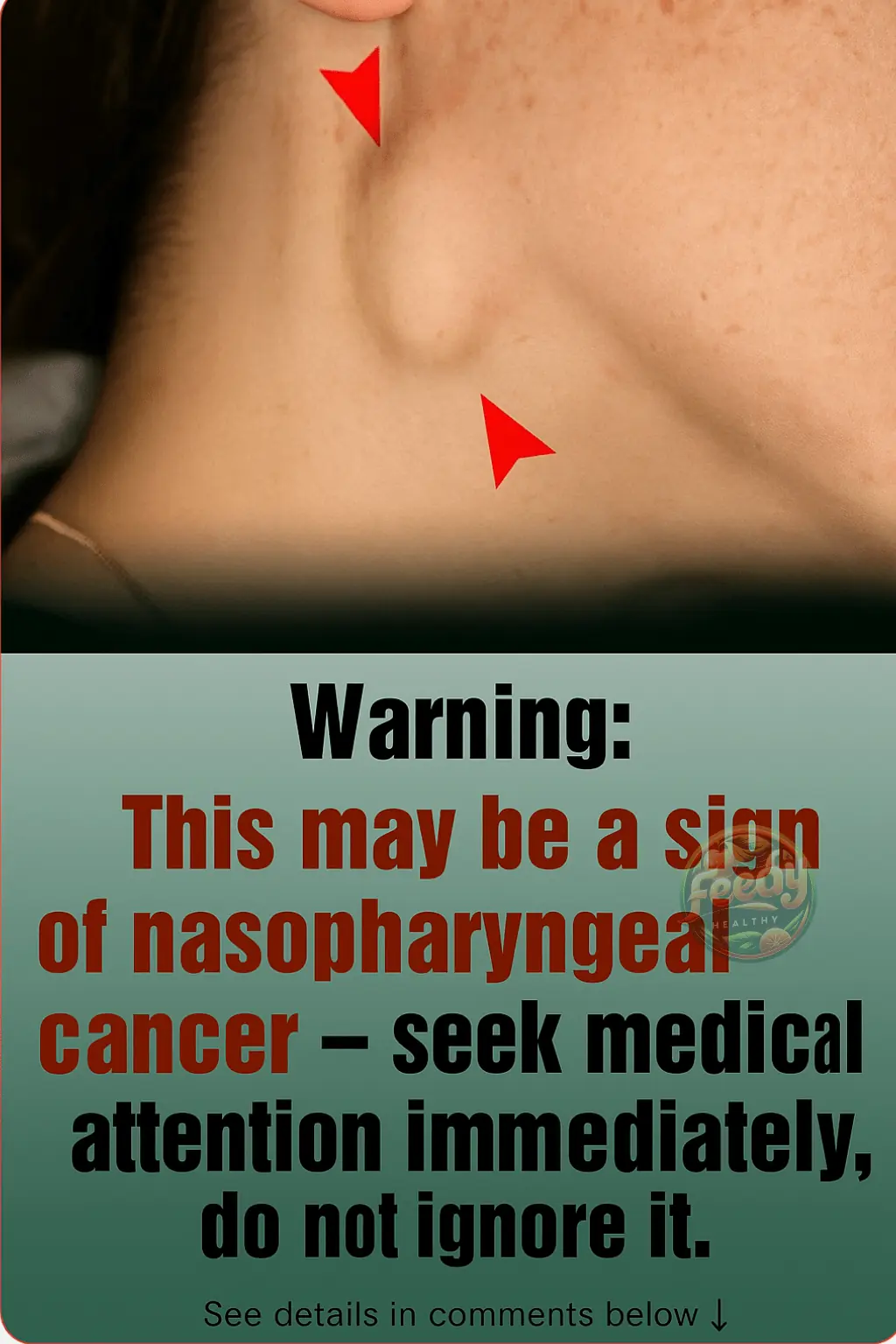
Early Warning Signs That May Indicate Advanced Nasopharyngeal Cancer

Graviola Leaf: A Traditional Remedy with Promising Potential in Cancer Research
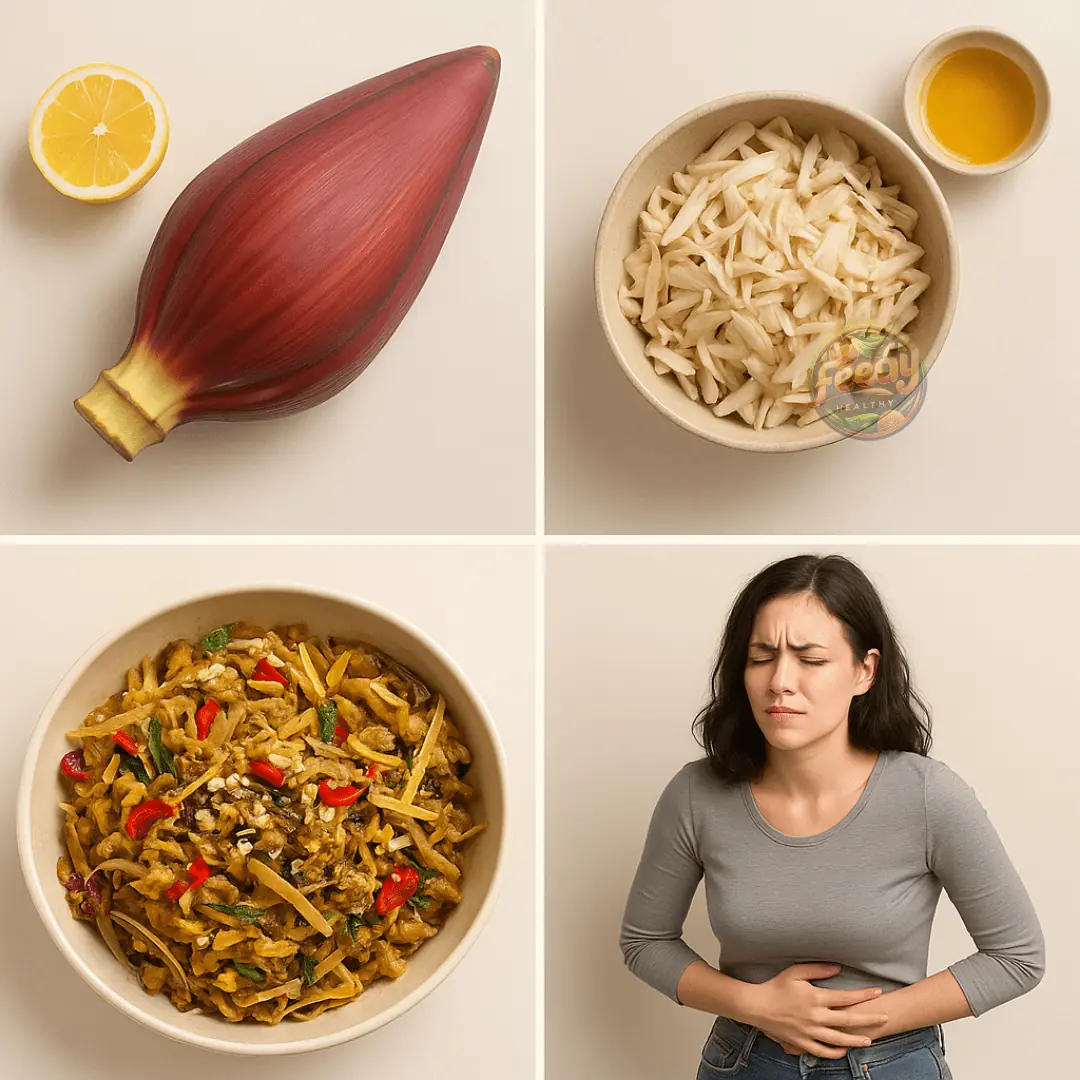
How Banana Blossom Can Boost Your Health: Nutritional Benefits and Delicious Recipes
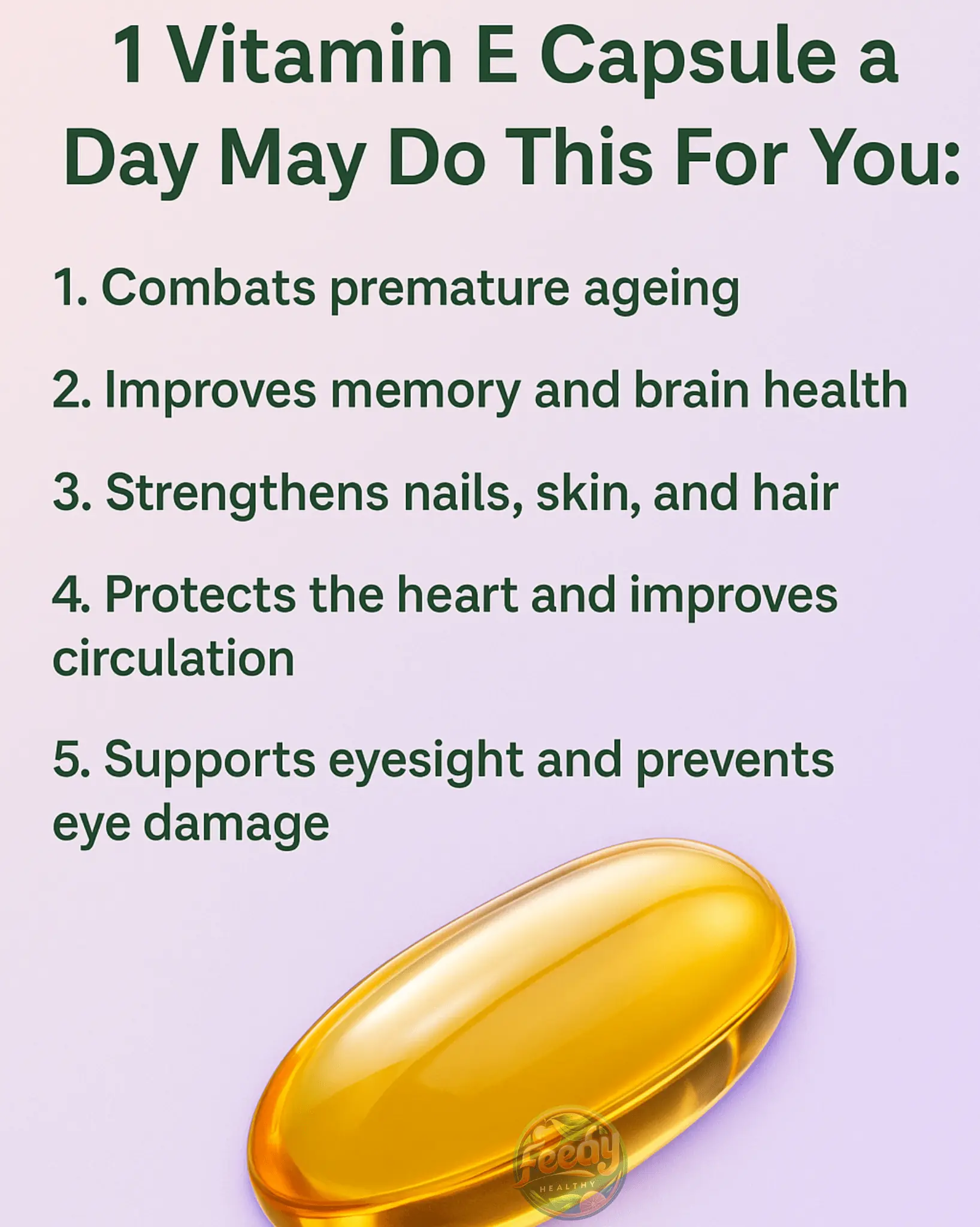
1 Vitamin E Capsule a Day Can Do This For You
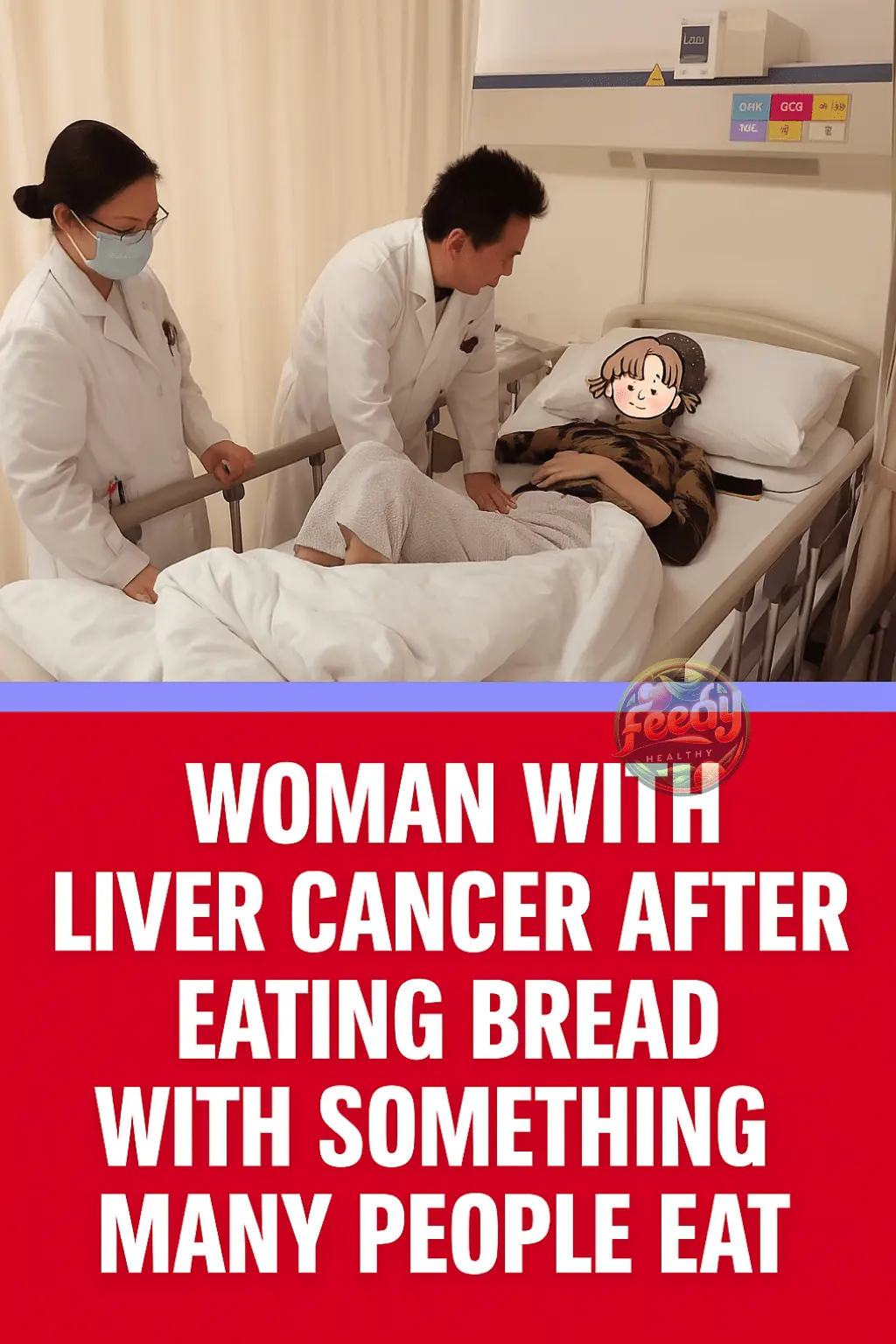
Could Contaminated Peanut Butter Raise Liver Health Concerns? What You Should Know About Aflatoxins
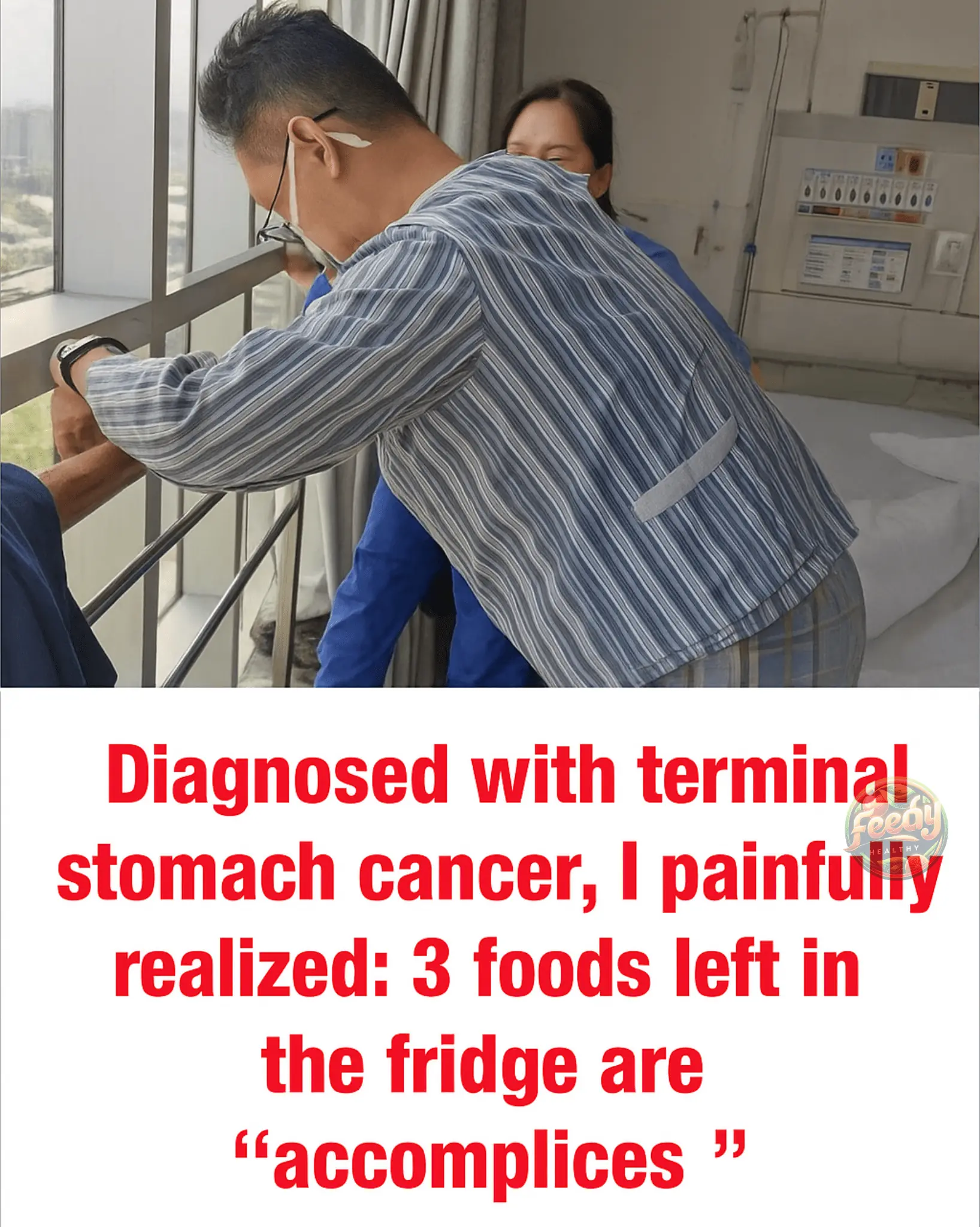
Diagnosed with Late-Stage Stomach Cancer, I Realized Too Late: 3 Common Foods Left in the Fridge Were Silent Contributors
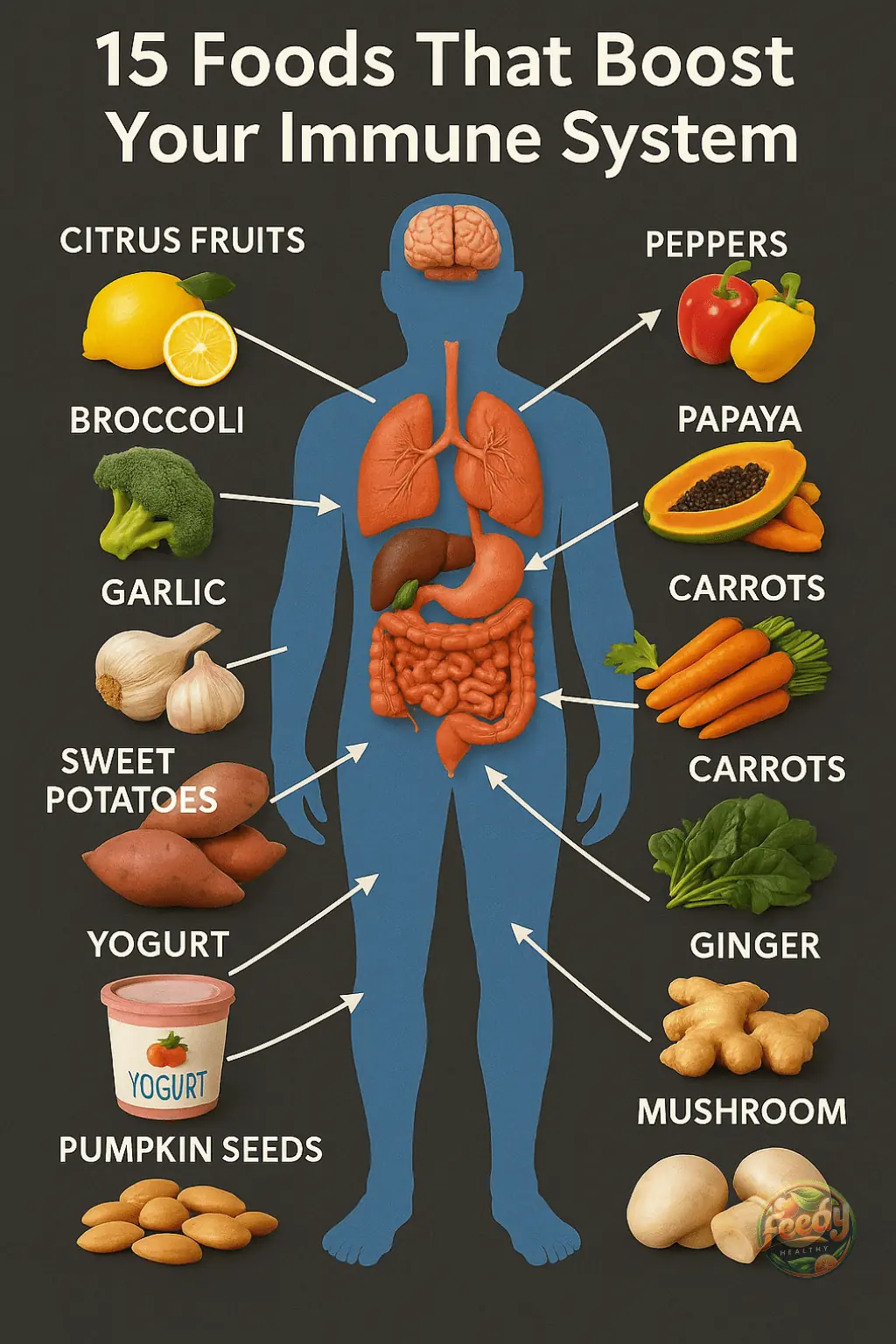
15 Immune-Boosting Foods You Should Add to Your Diet Today
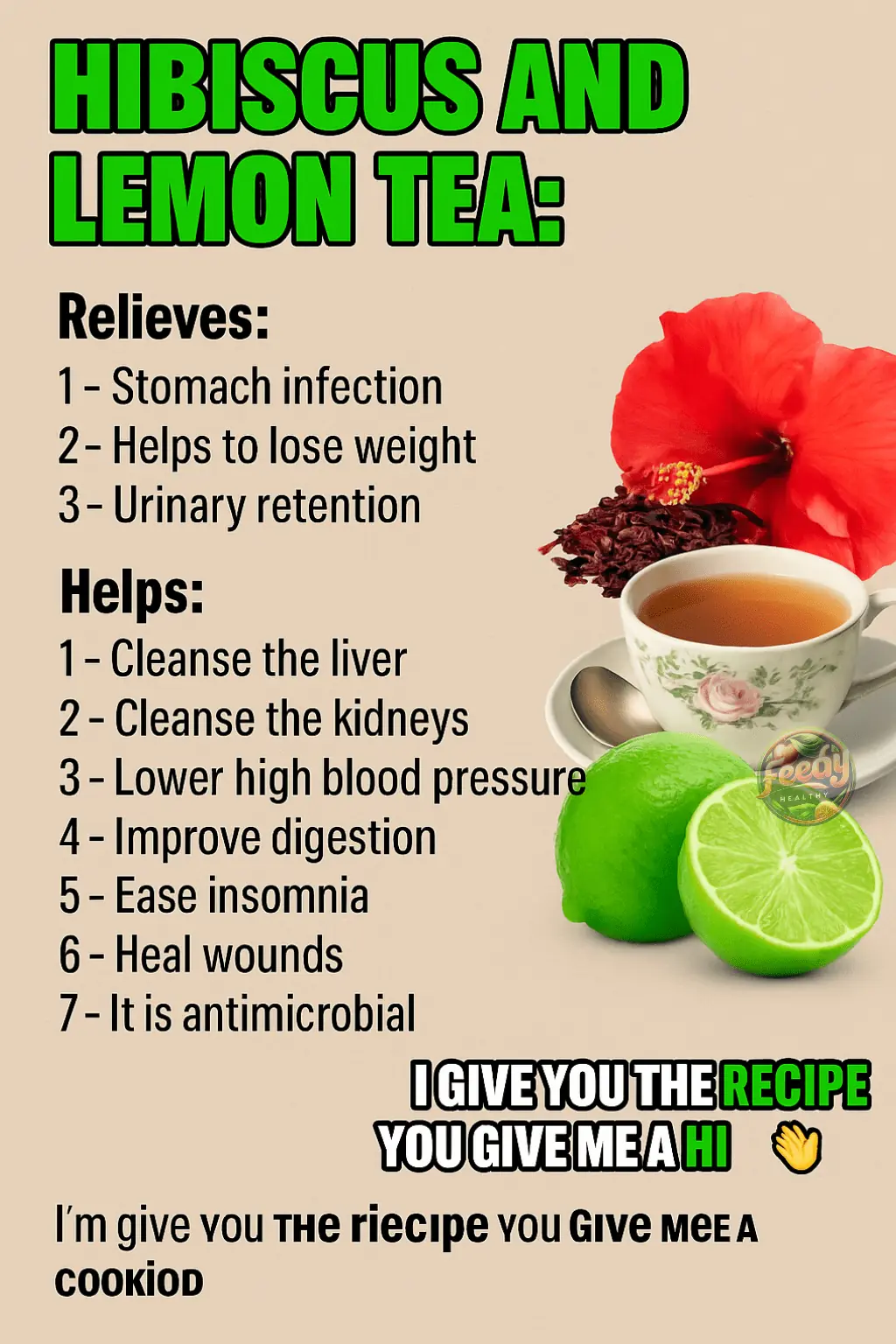
Hibiscus and Lemon Tea 🍋🌺
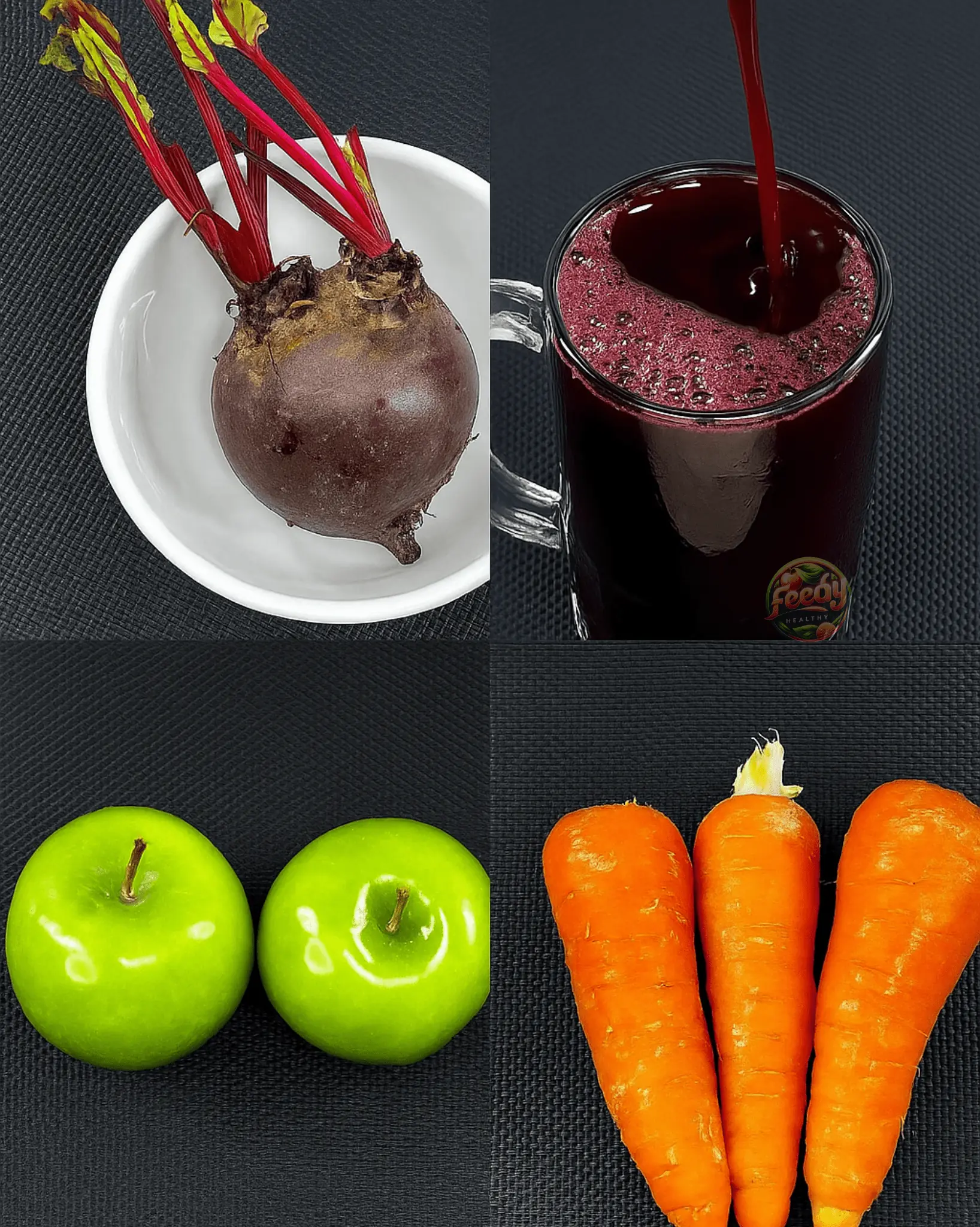
Don't Suffer Anymore — Eliminate Anemia, Restore Your Vision, and Cleanse Fatty Liver!
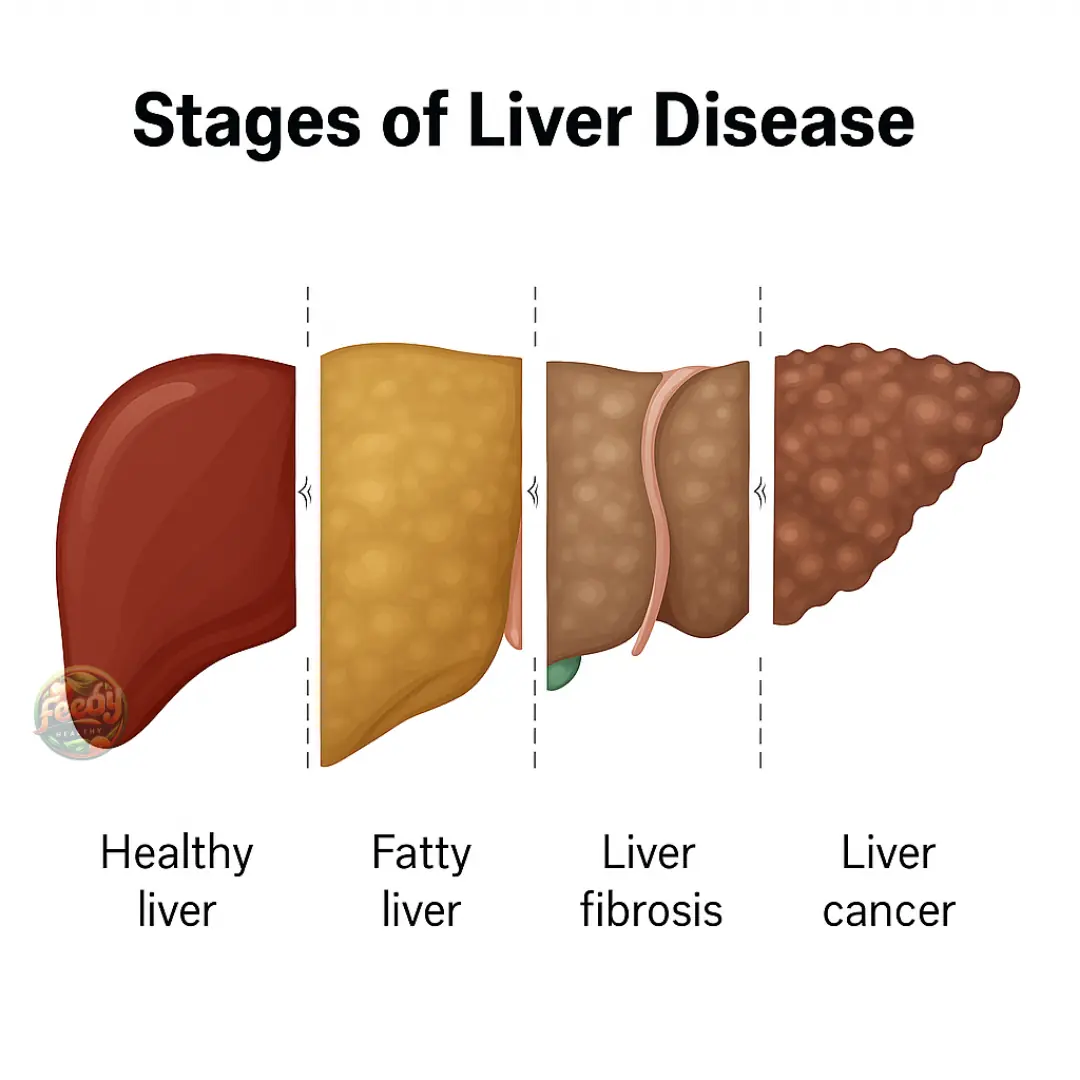
How Many Stages of Fatty Liver Are There? How to Effectively Control It
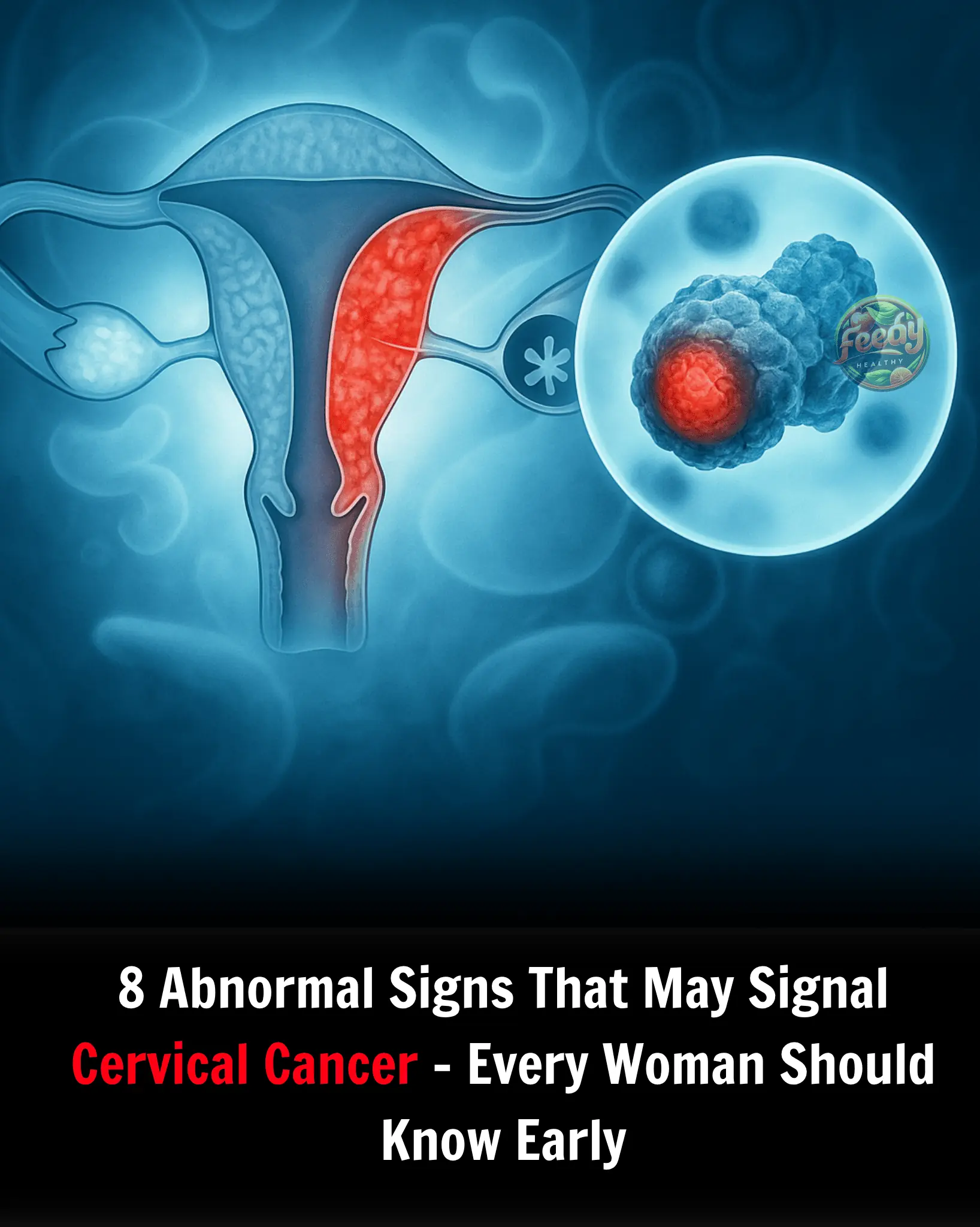
8 Abnormal Signs That May Signal Cervical Cancer – Every Woman Should Know Early
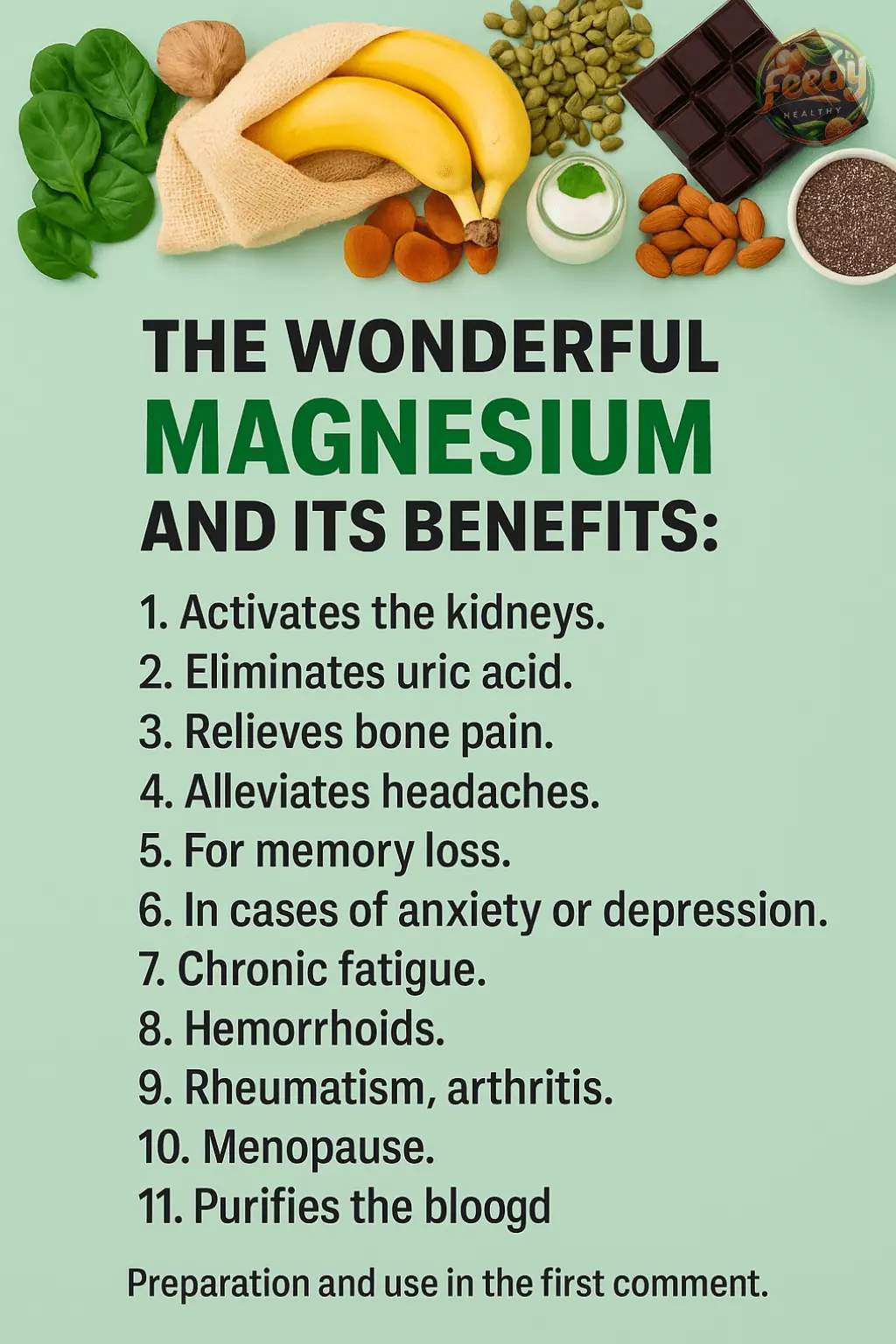
The Wonderful Magnesium and Its Health Benefits 👇🏼👇🏼

Discover the Healing Power of Four Medicinal Leaves
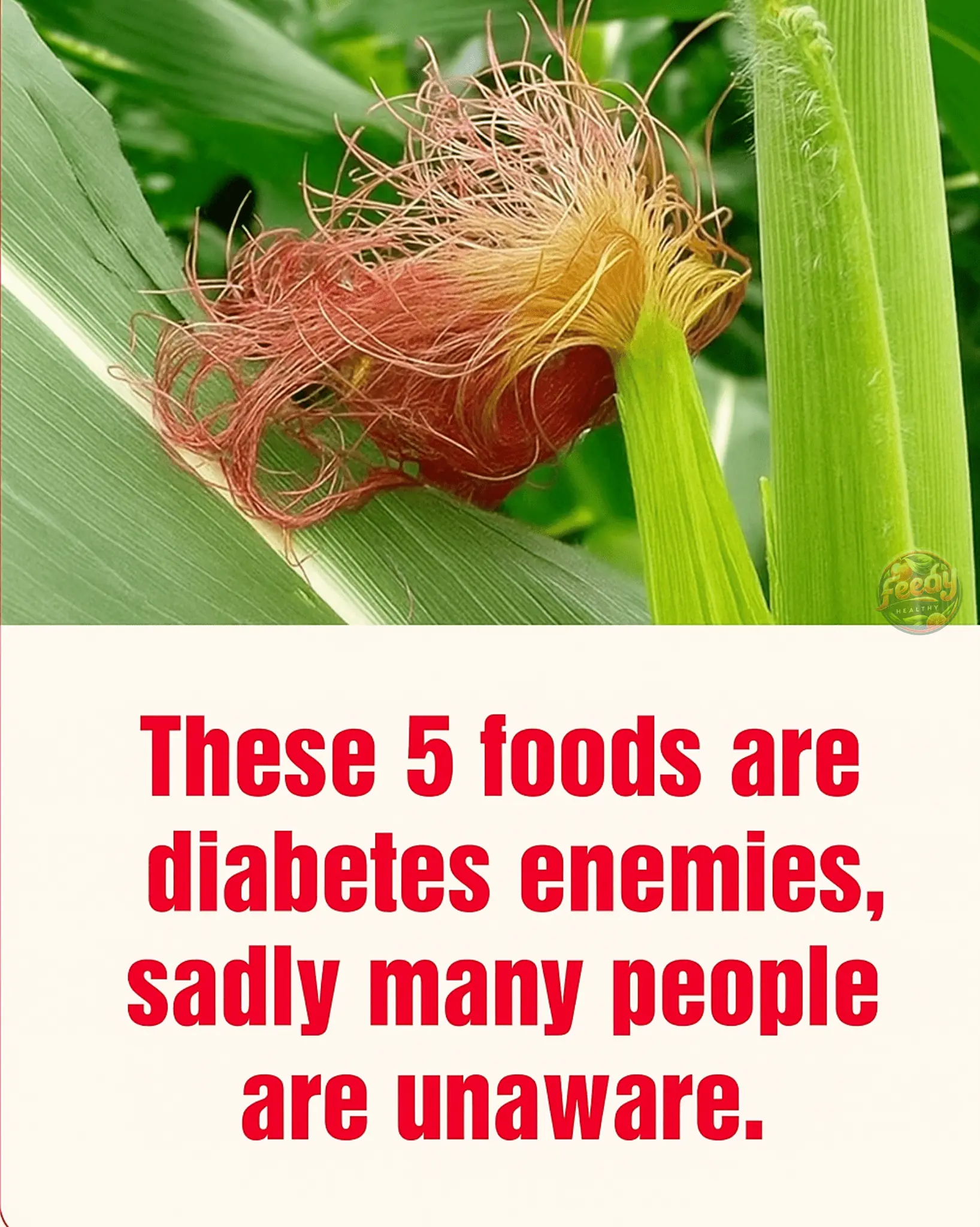
Everyone Fears Diabetes, but Diabetes "Fears" These 5 Foods
News Post

9 Symptoms of Kidney Disease and Kidney Failure Everyone Should Know

My nana swears by these 'Pineapple Ginger Energy' shots. She says it makes her feel totally different. Here's how to make it and why
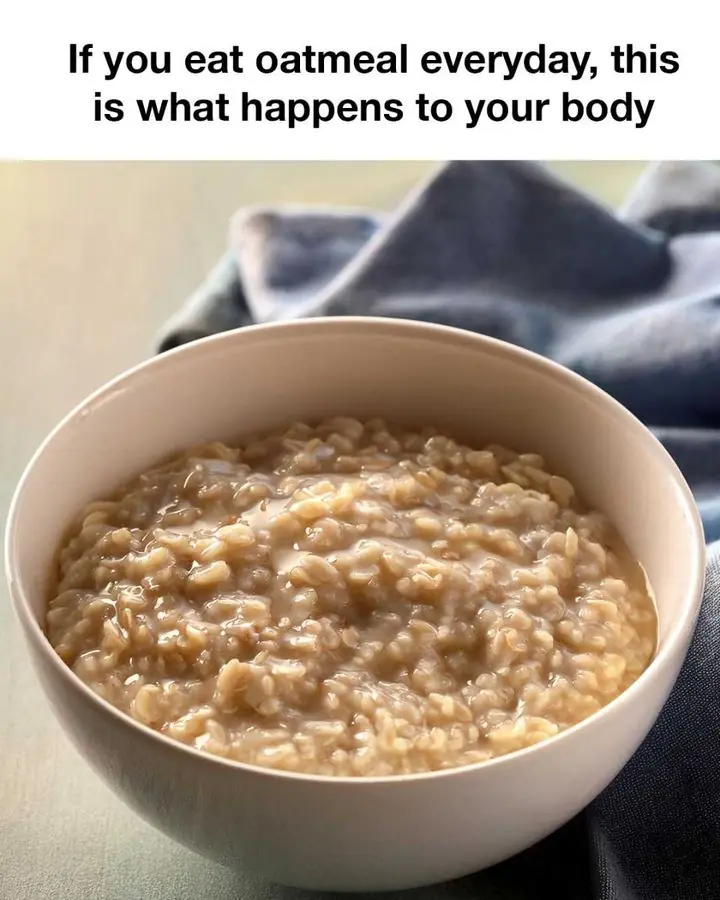
My nana swears by eating this each day!
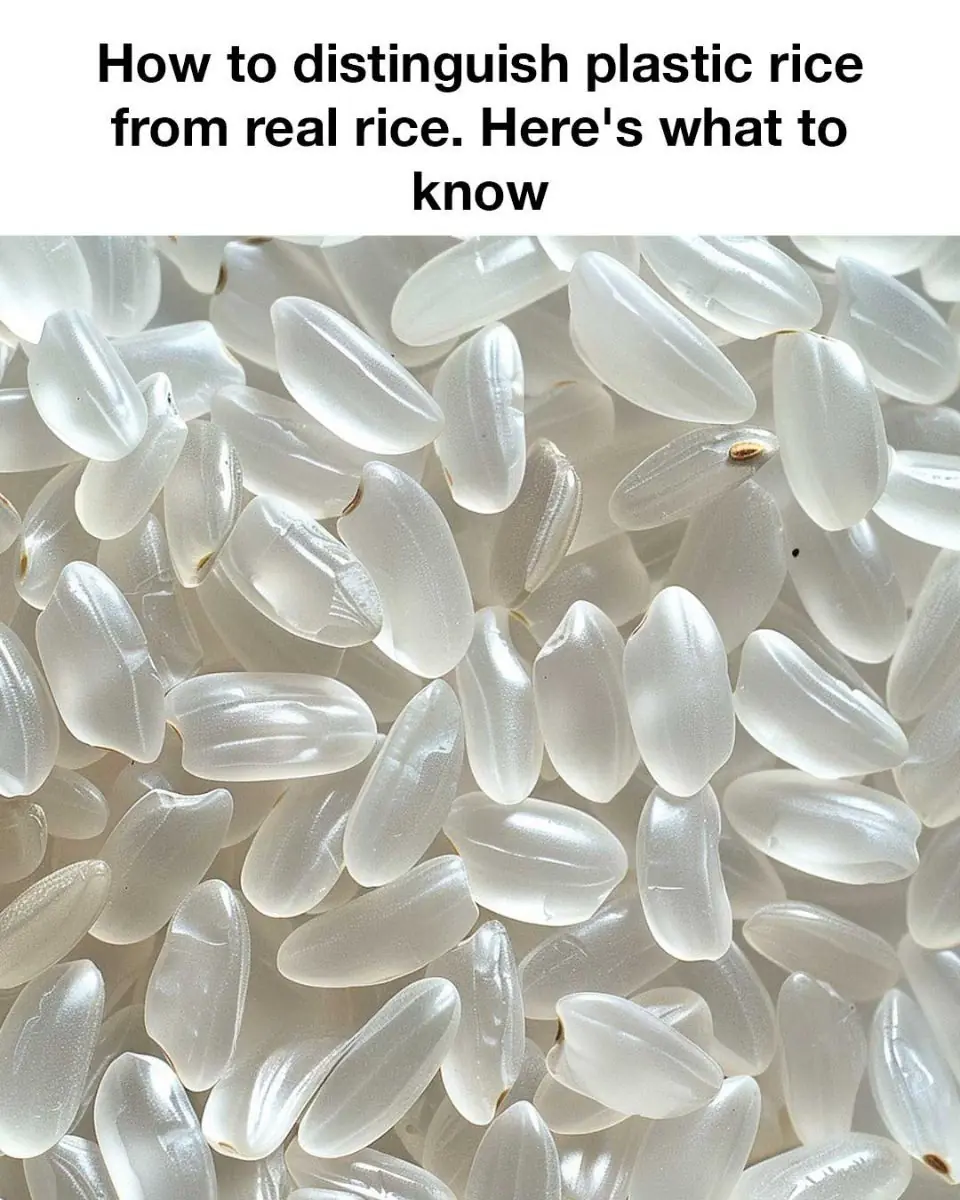
How to distinguish plastic rice from real rice. Here's what to know.

Doctor Warns: Common "Money-Saving" Habits May Lead to Cancer – A Family of Three Diagnosed
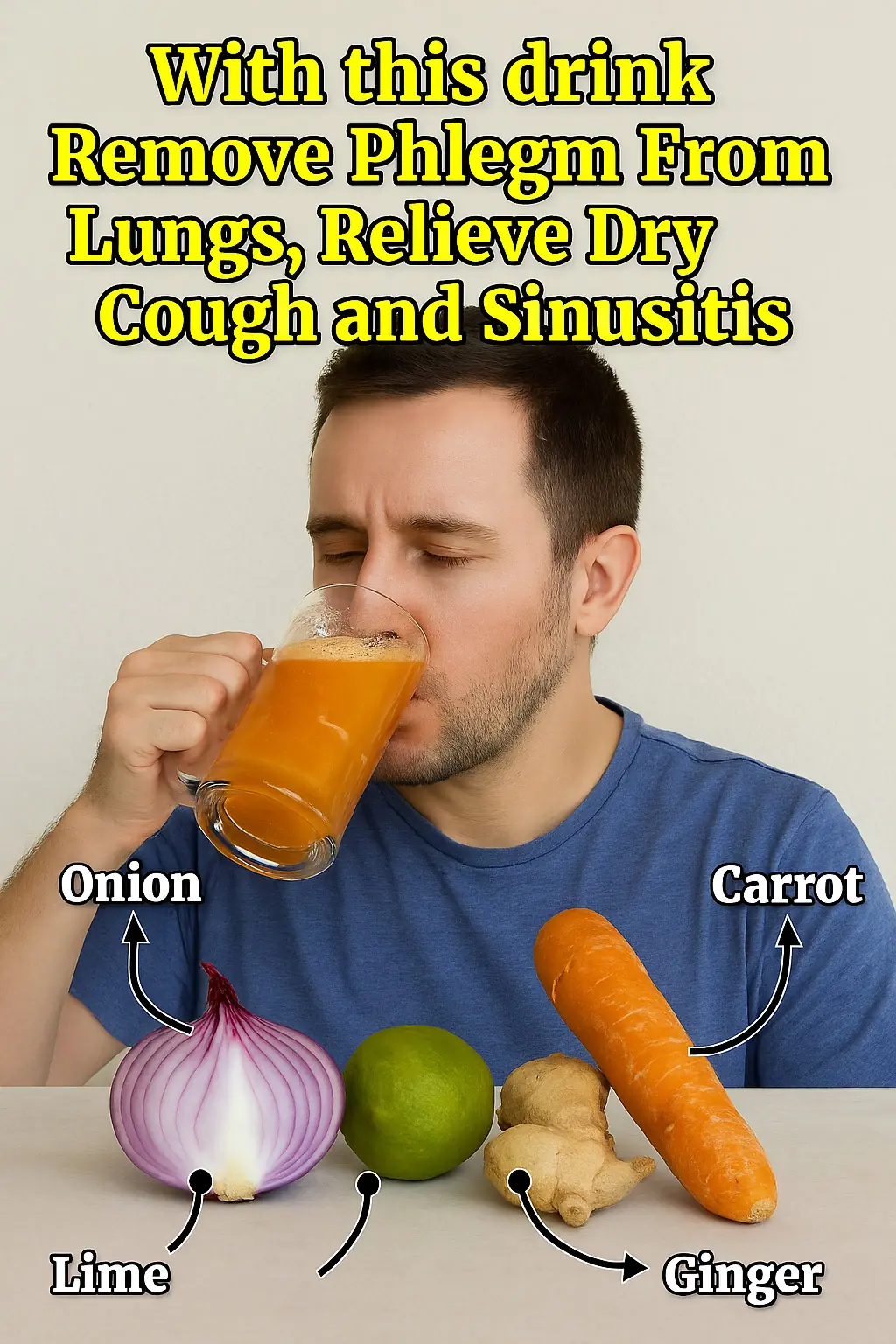
Natural Remedy to Clear Phlegm, Relieve Dry Cough, and Ease Sinusitis
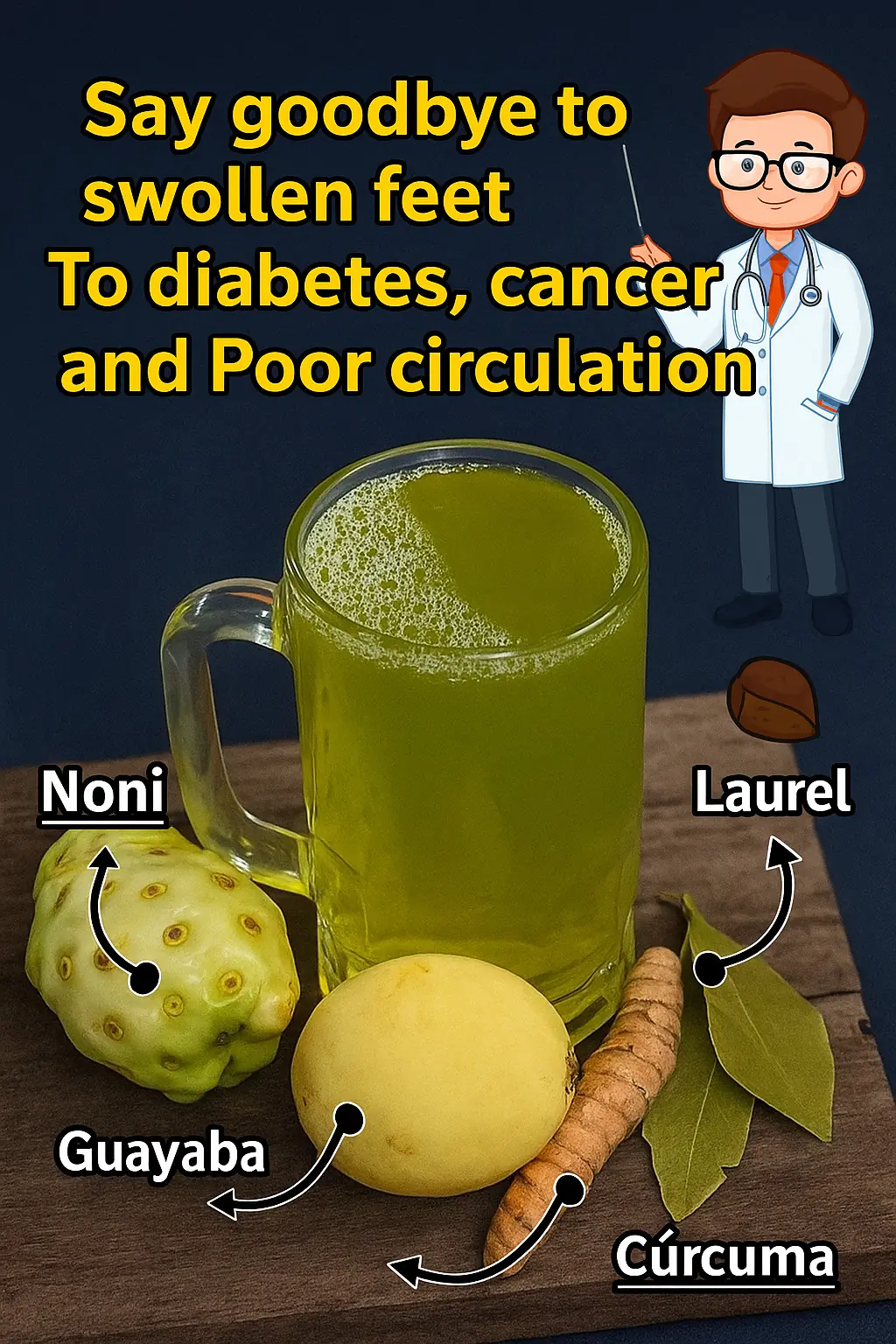
Say Goodbye to Swollen Feet, Diabetes, Poor Circulation, and More — Naturally!

Honeybee Venom: A Natural Breakthrough in the Battle Against Breast Cancer

Homemade Onion & Bay Leaf Syrup: An Ancient Remedy for Your Lungs 🌿🧅

Lavender: The Plant That Relieves Headaches, Muscle Pain, Rheumatic Aches, and More
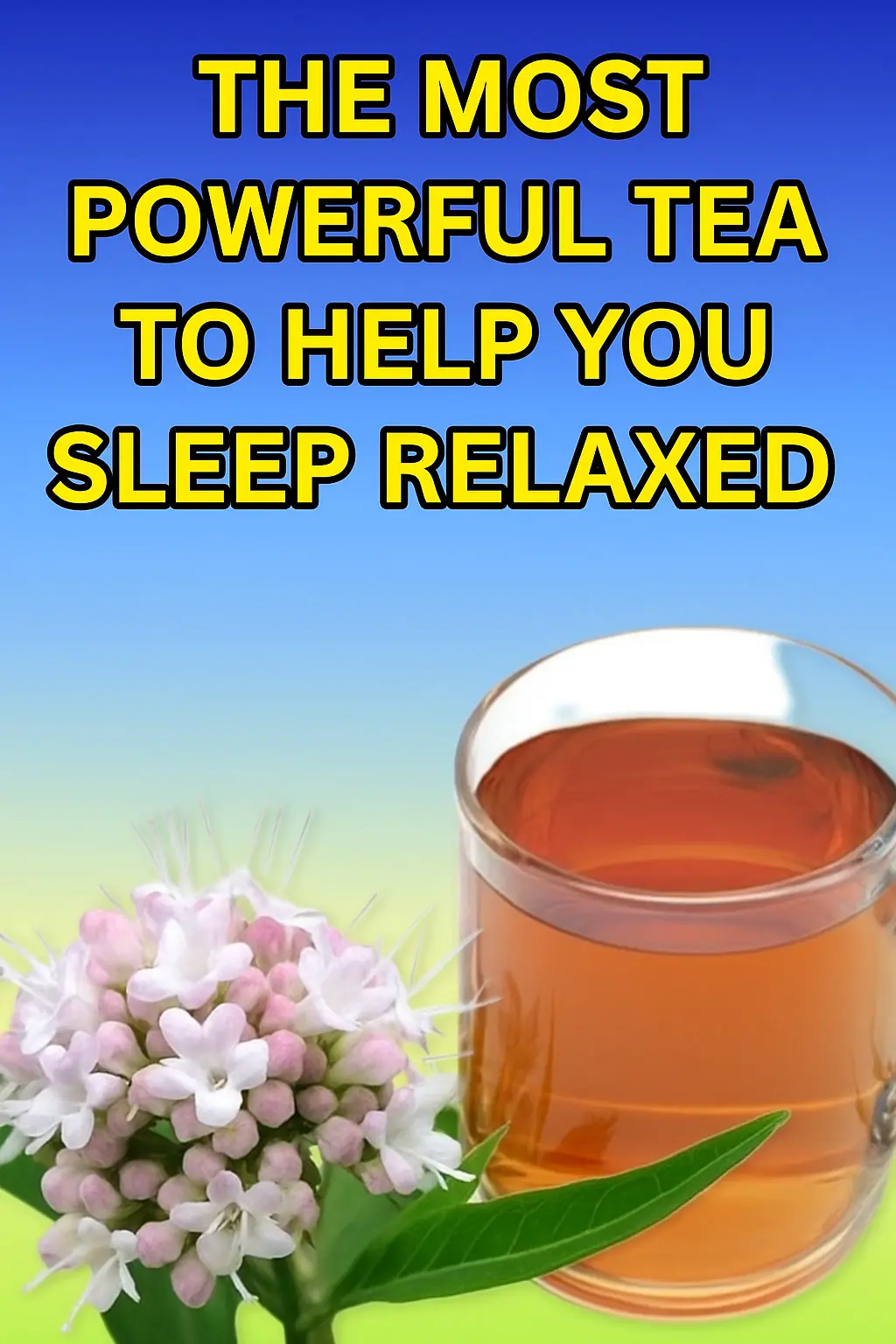
The Most Powerful Tea to Help You Sleep Relaxed: Valerian Root Tea
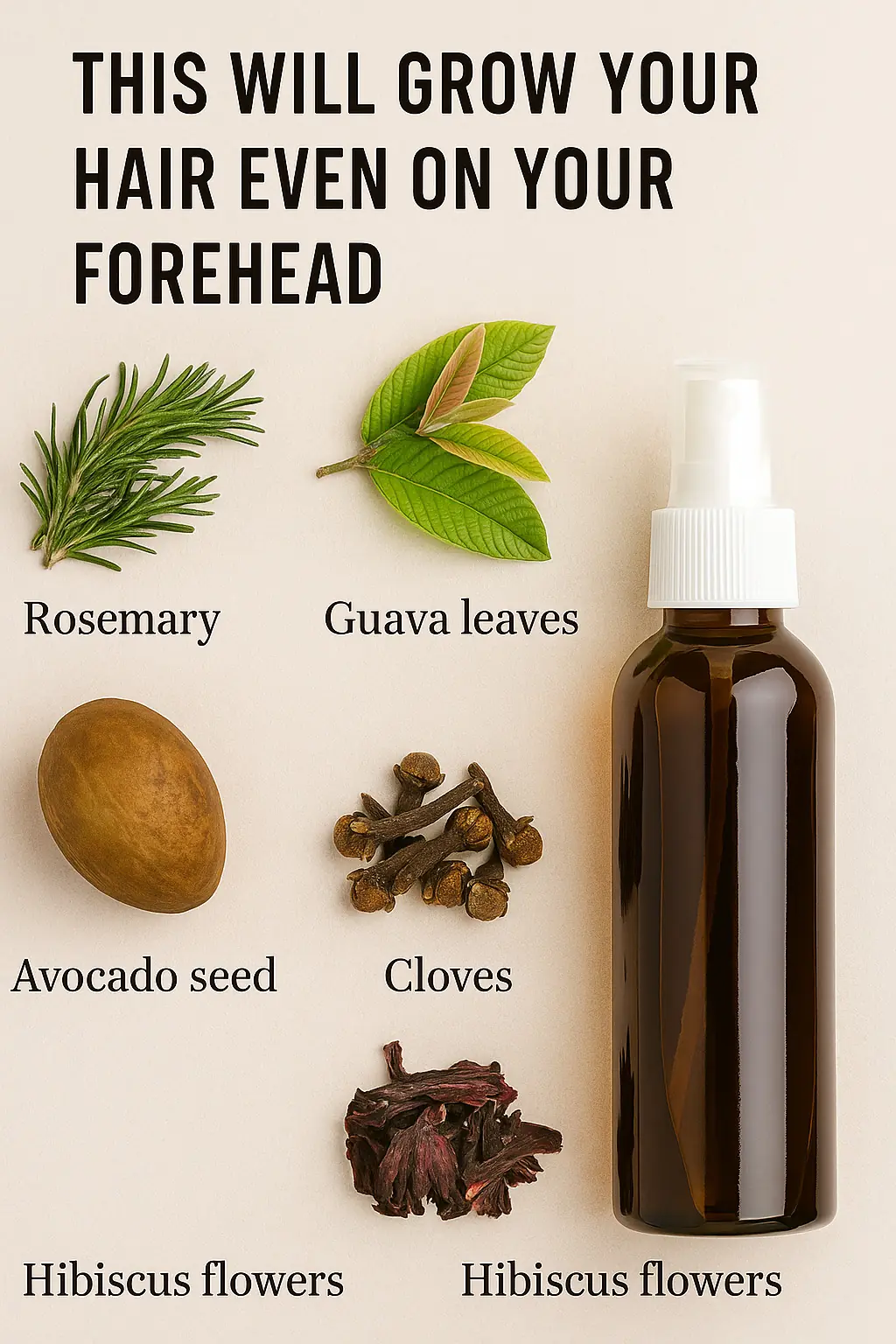
Natural Hair Growth & Strengthening Tonic
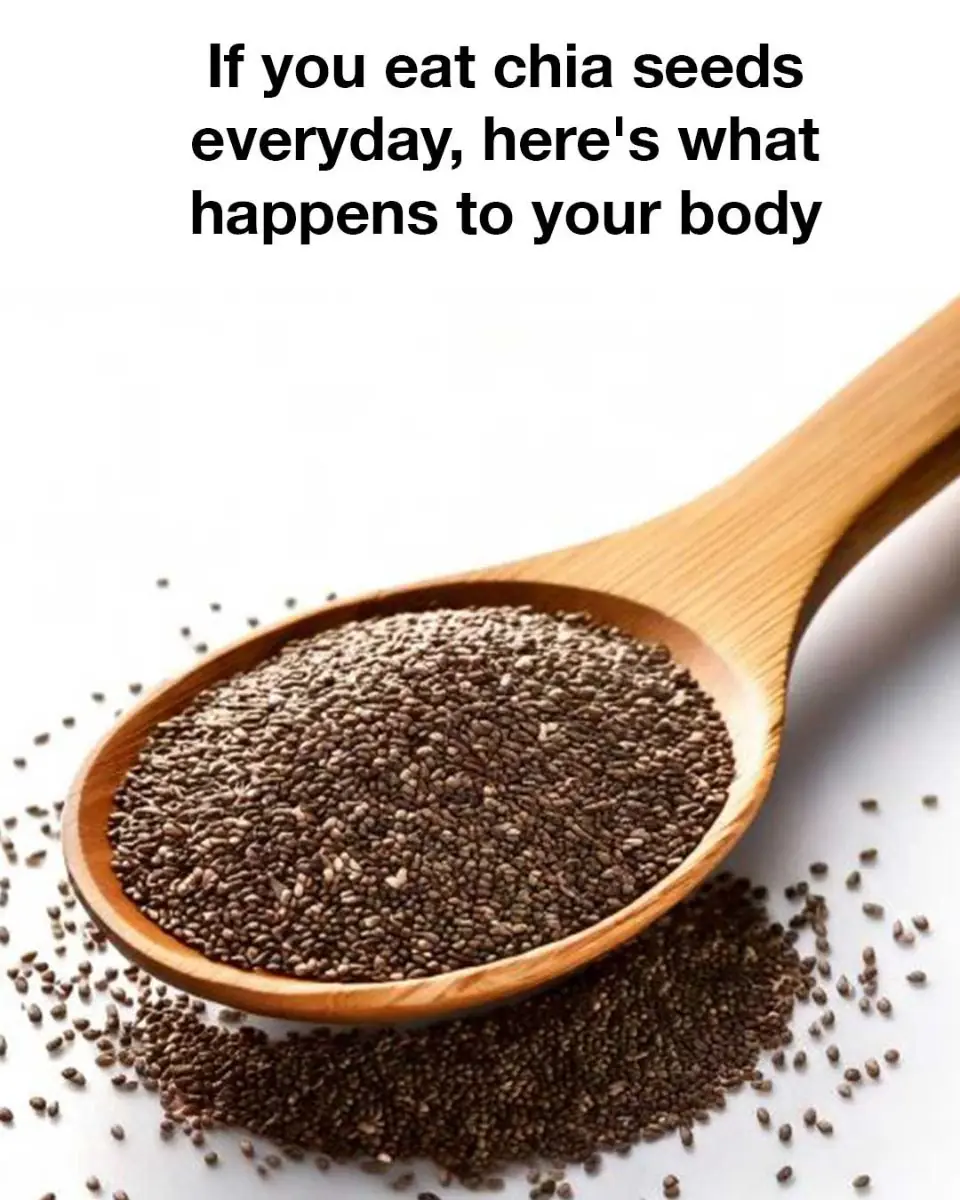
This is news to me!
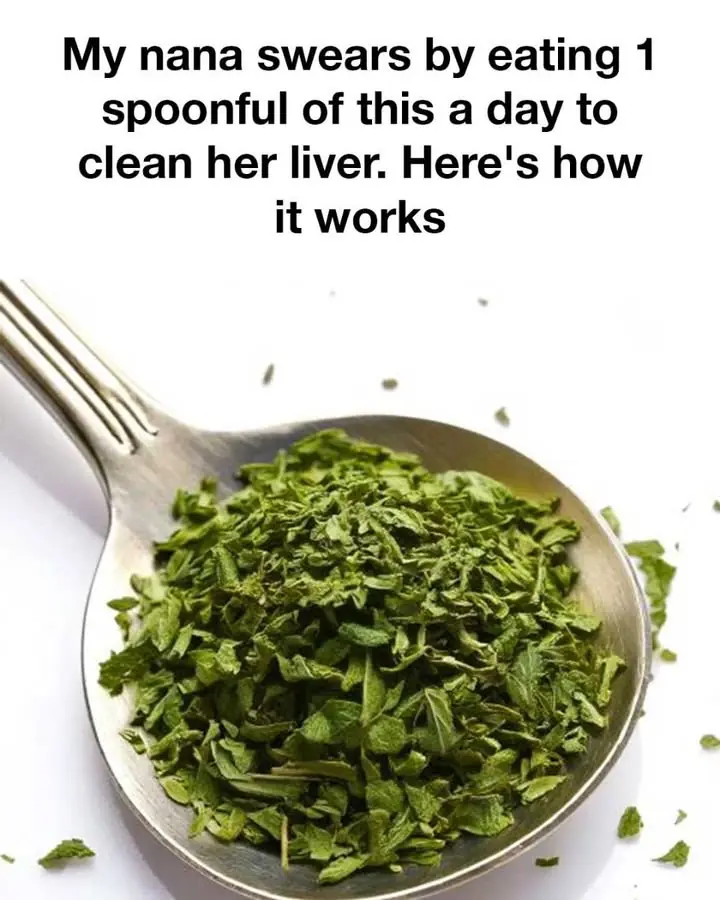
This is news to me!

Rosemary Hair Butter for Healthy Hair Growth
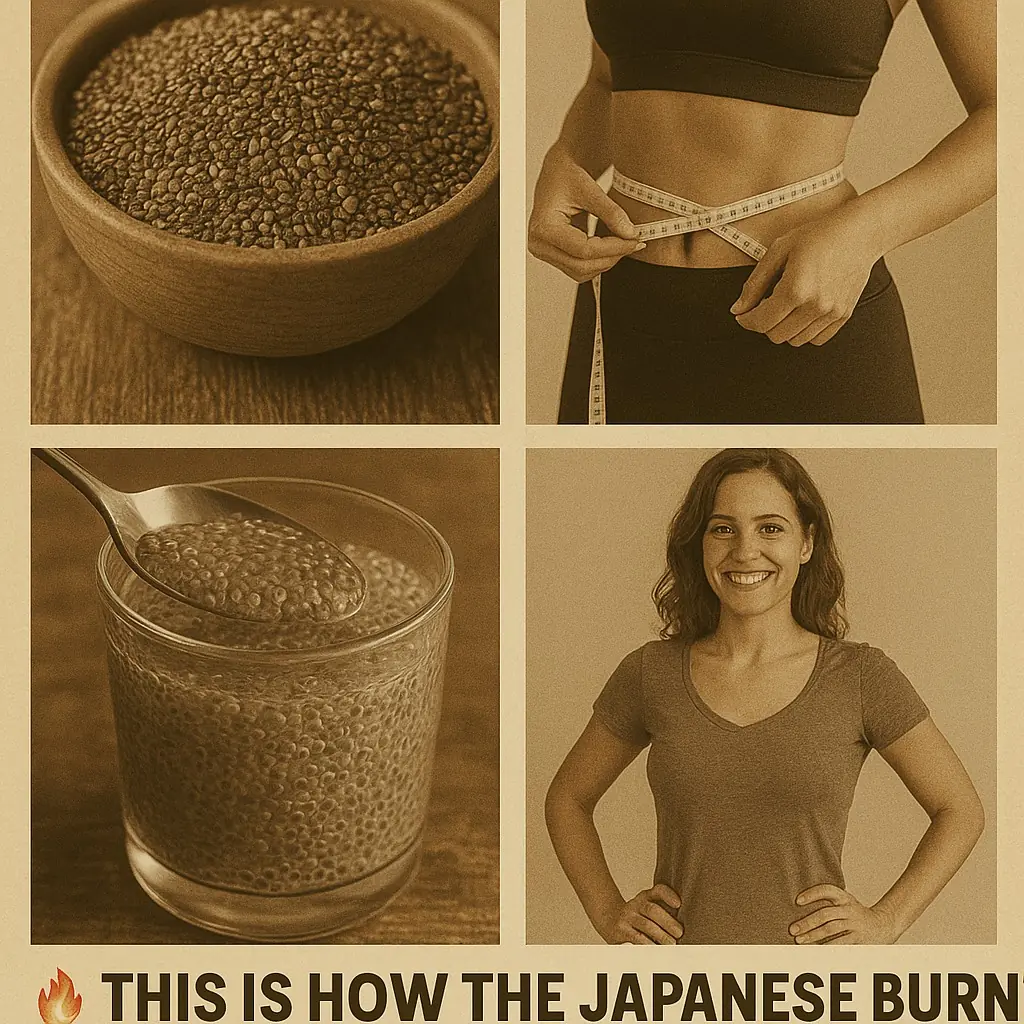
Burn Belly Fat Naturally with Japanese Chia Seed Drink!

Enhance Your Health and Wellness with Castor Oil and Epsom Salt
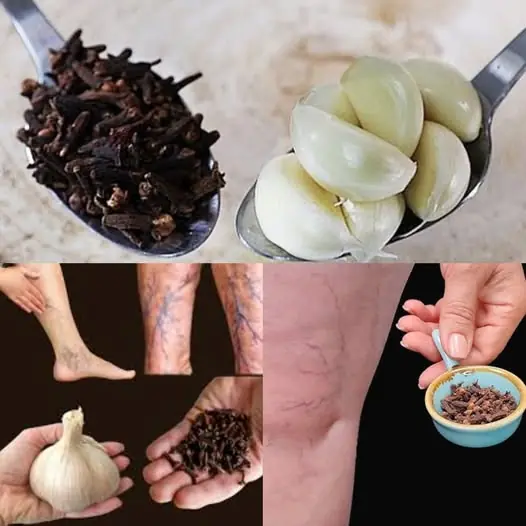
Natural Remedy for Leg Pain and Arthritis Relief
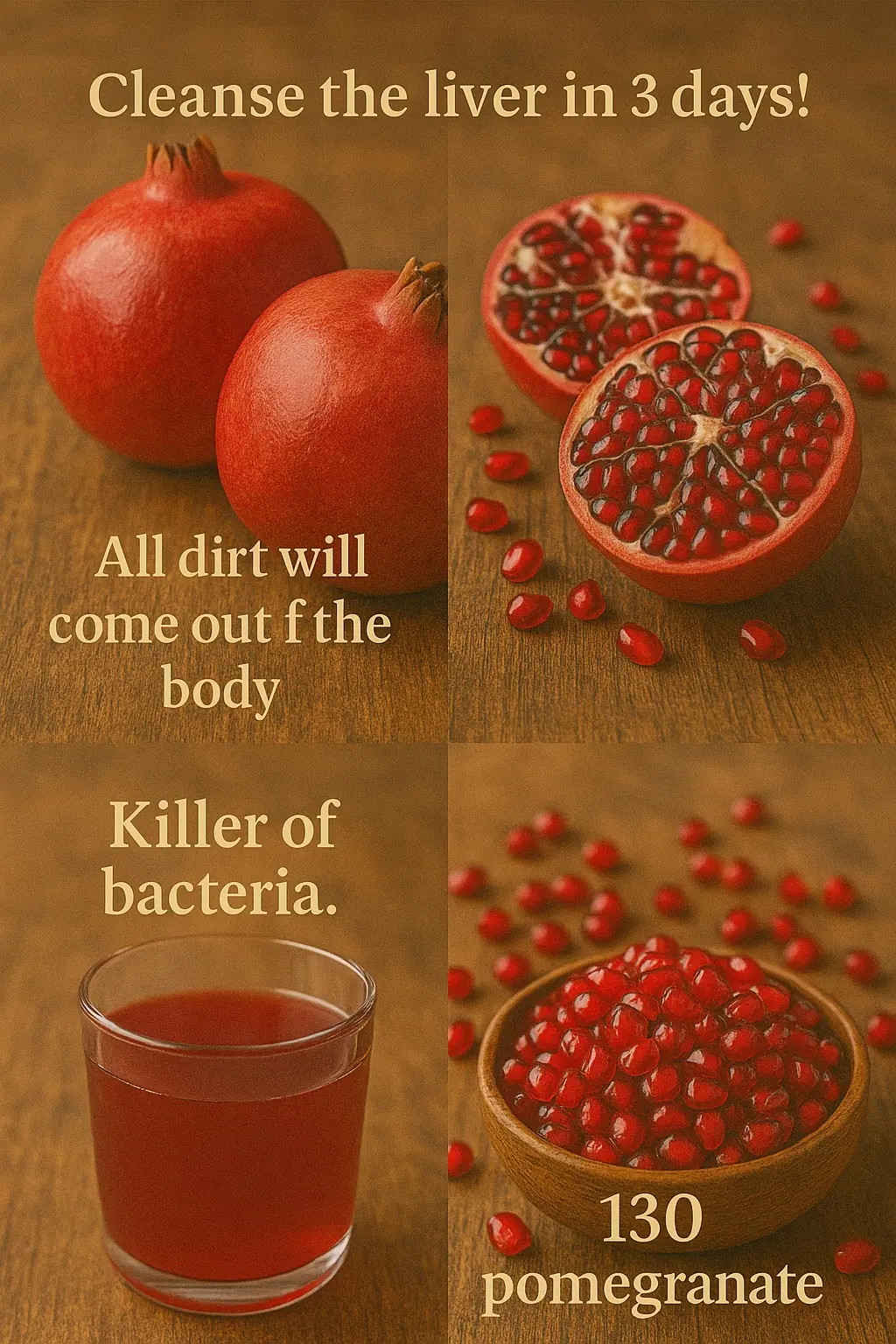
Detoxify Your Liver with a Pomegranate Cleanse
Detoxify Your Liver with a Pomegranate Cleanse